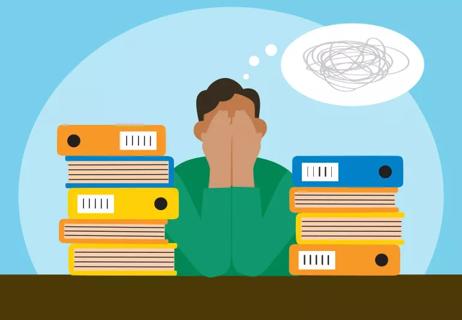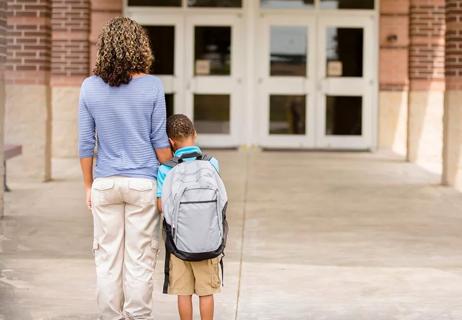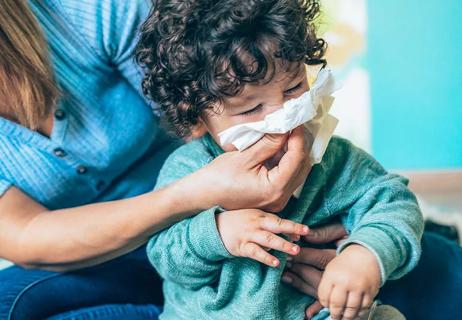Advertisement
Allergens can affect schoolwork and athletic performance

Allergies and asthma often translate into missed school days for kids. That might be because classrooms often have more allergy and asthma triggers than home, says the American College of Allergy Asthma and Immunology (ACAAI).
Advertisement
Cleveland Clinic is a non-profit academic medical center. Advertising on our site helps support our mission. We do not endorse non-Cleveland Clinic products or services. Policy
This can be frustrating for parents of children with allergies or asthma who work hard to keep their homes free of dust mites or pet dander, then send their young ones off every day to spend hours in an allergen-filled school building. Allergy and asthma triggers not only create physical discomfort for children, but can even affect their schoolwork, says allergist Sandra Hong, MD.
“There have been lots of studies that have shown that kids in school with allergies have a really hard time concentrating,” Dr. Hong says. “Other studies have shown that these triggers can affect students so that they don’t perform to their best ability in sports.”
Schools and classrooms may have environmental allergens such as pollen, mold and dust mites, which can trigger allergy and asthma symptoms in kids. All these things can affect your child’s performance in school and make their symptoms worse, Dr. Hong says.
Dr. Hong encourages parents to be an advocate for their child’s health.
If your child is highly allergic, Dr. Hong recommends that parents talk to school administrators about the need to keep windows closed when pollen counts are high, repair water fixtures that are leaking and ask about the possibility of installing high efficiency air filters. Let them know that mold or mouse droppings around the school can have an adverse reaction on kids with allergies and asthma.
Classmates who may have pets at home also are potential triggers because they can carry their pet’s dander to school. This can cause children who sit nearby to experience allergy symptoms, so keeping classrooms dusted and swept also can help.Dr. Hong recommends parents pay special attention to furry classroom pets, such as hamsters, rabbits and the like.“These can actually worsen asthma and allergies significantly,” she says. “In that situation you want to find a way to separate them. So, either the pet goes outside or your child should be in another classroom.”
Advertisement
It’s easy to confuse the common cold and allergies this time of year, Dr. Hong says. If your child comes home from school with a runny nose, coughing and sneezing that lasts for more than two weeks, it’s worth talking to your pediatrician about the possibility of allergies or asthma, she says.
Advertisement
Learn more about our editorial process.
Advertisement

Focus on a positive mindset, strong study habits and healthy living

Asthma-proof your home, keep notes and (try to) be patient with long-term treatments

Vomiting and fevers are a hard no — other symptoms are a judgment call

College is a time of big transitions, intense stress and major lifestyle changes

An ounce of prevention ... is worth a great school year!

For starters, pick the right size backpack for your child, with wide, padded straps

If your child is nervous or apprehensive about school, communication is key

Sneezing, coughing and clear mucus shouldn’t be ignored

Focus on your body’s metabolic set point by eating healthy foods, making exercise a part of your routine and reducing stress

PFAS chemicals may make life easier — but they aren’t always so easy on the human body

While there’s little risk in trying this hair care treatment, there isn’t much science to back up the claims